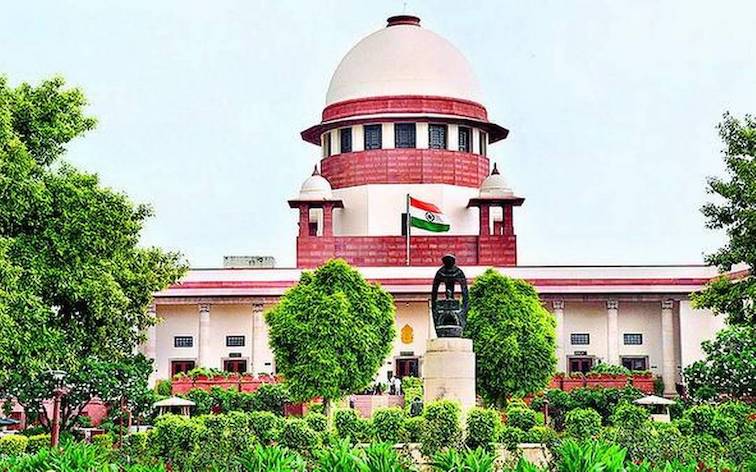A historic judgement aimed at reinforcing constitutional equality and the dignity of judicial office has been made by the Supreme Court of India on Monday. The verdict directed the Central government to ensure full and equal pension for all retired High Court judges. This pension will be irrespective of their date of appointment as a judge. The mode of entry, or designation as permanent or additional judges will also not be considered.
The court said, “There cannot be any discrimination among judges based on the timing of their appointment, their source of elevation, whether from the Bar or the district judiciary, or their designation as additional or permanent judges”.
The landmark judgement was passed by a bench led by Chief Justice of India BR Gavai. The bench also included Justices Augustine George Masih and K Vinod Chandran. The bench pronounced the verdict during a suo motu proceeding addressing disparities in post-retirement benefits among High Court judges.
‘One Rank, One Pension’ Principle
The bench of apex court further emphasised that the principle of One Rank, One Pension must apply to the judiciary.The bench also stated that it has examined Article 200 of the Constitution which pertained to pension payable to retired high court judges.
“We hold any discrimination among (high court) judges for terminal benefits after retirement will be violative of Article 14. Thus, we hold all the high court judges irrespective of when they entered and thus entitled to full pension,” it said. The court held that any such differential treatment would be in violation of Article 14 of the Constitution, which guarantees equality before the law.
Full Pension for All Retired High Court Judges
The court directed that:
-
Retired Chief Justices of High Courts will receive an annual pension of Rs 15 lakh.
-
All retired High Court judges, including additional judges, will be paid Rs 13.65 lakh per annum.
-
Family pension benefits will extend equally to the widows, widowers, and dependents of all judges, including those who retired as additional judges.
-
The ruling mandates that even judges under the New Pension Scheme (NPS) will be entitled to equal pensionary benefits.
-
Elimination of any discrepancies caused by different retirement schemes.


